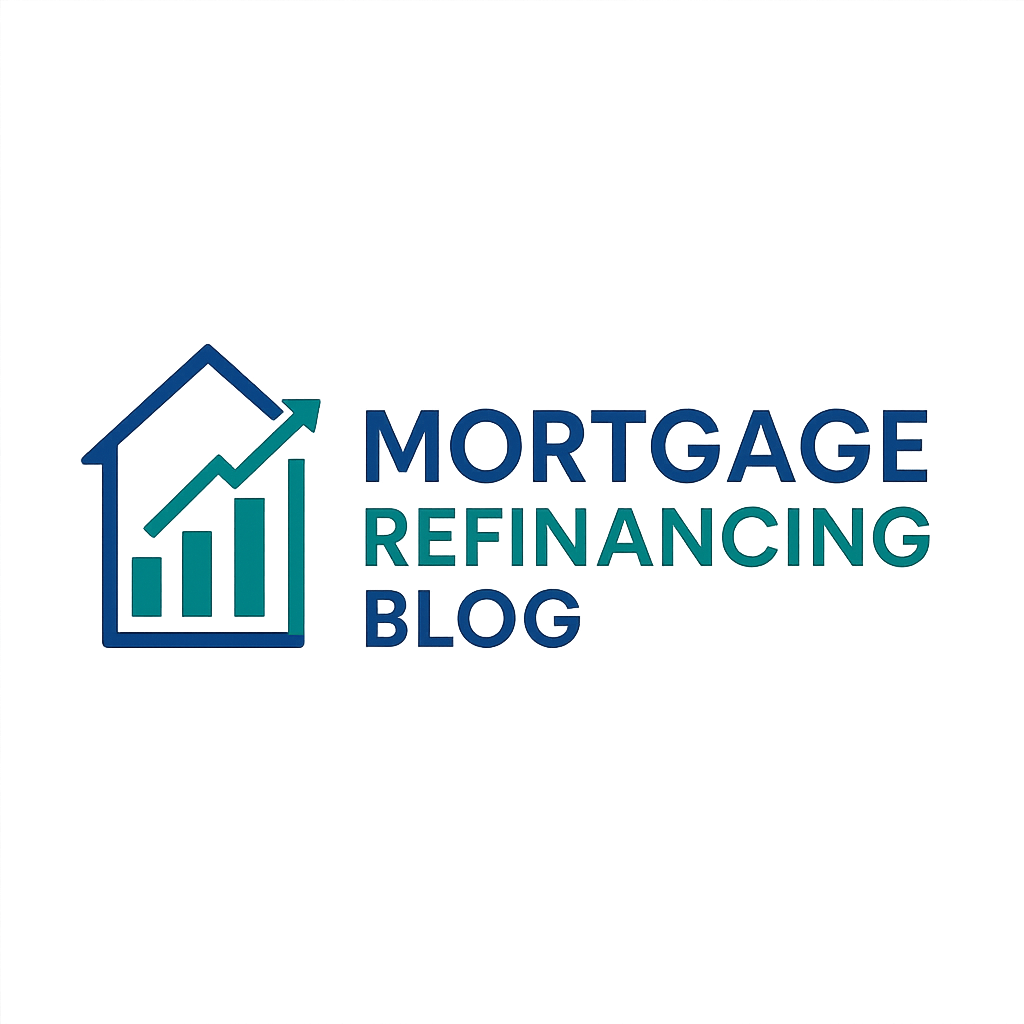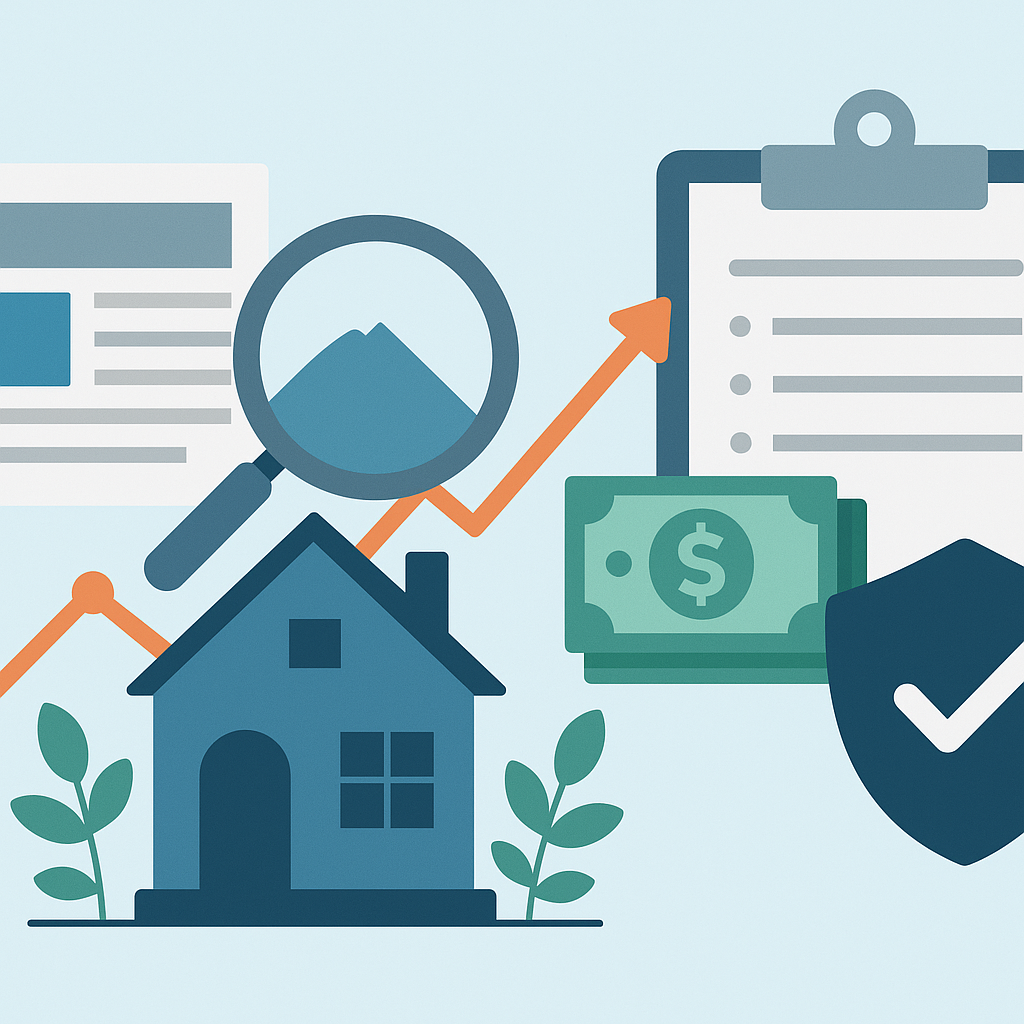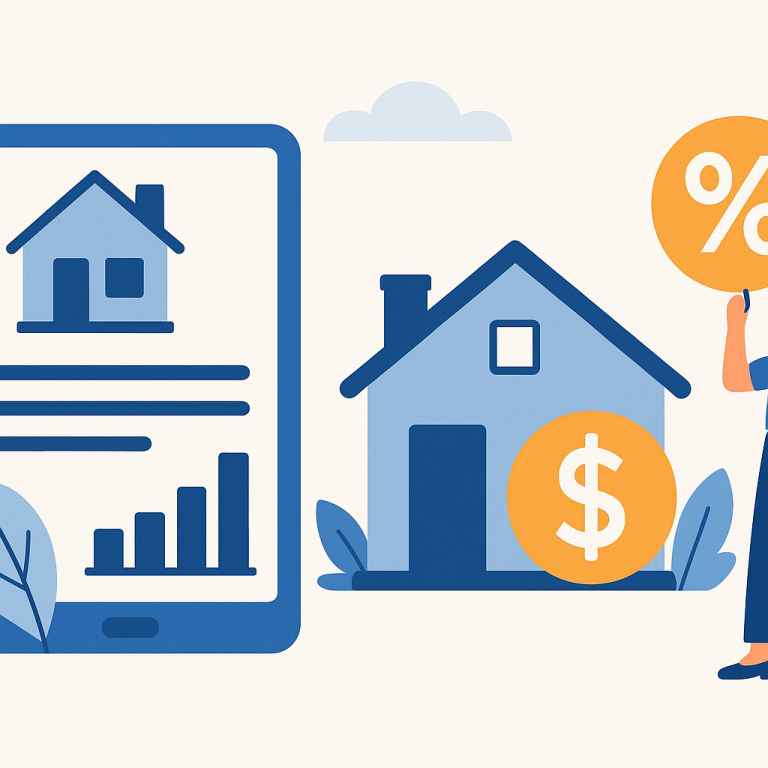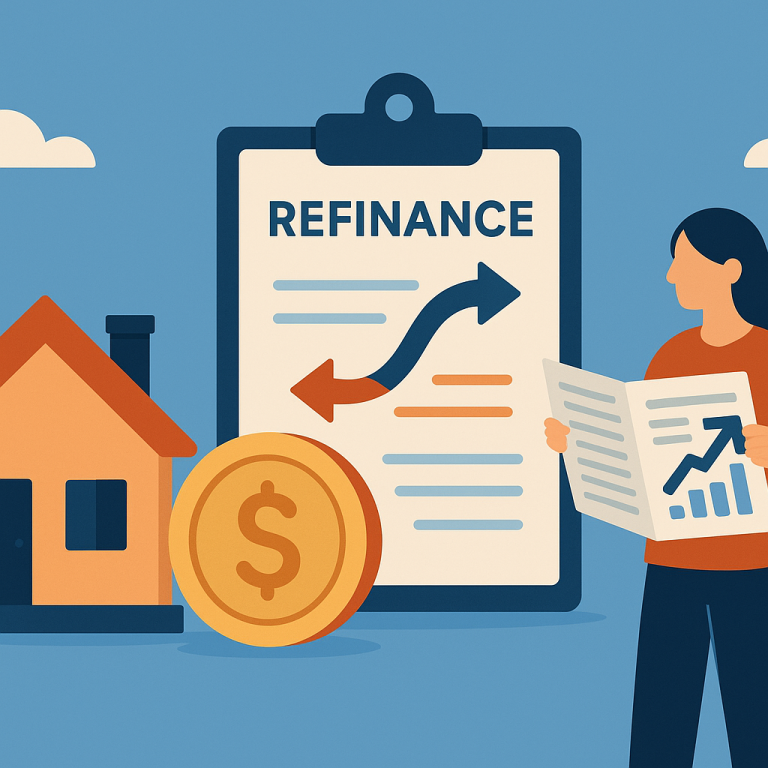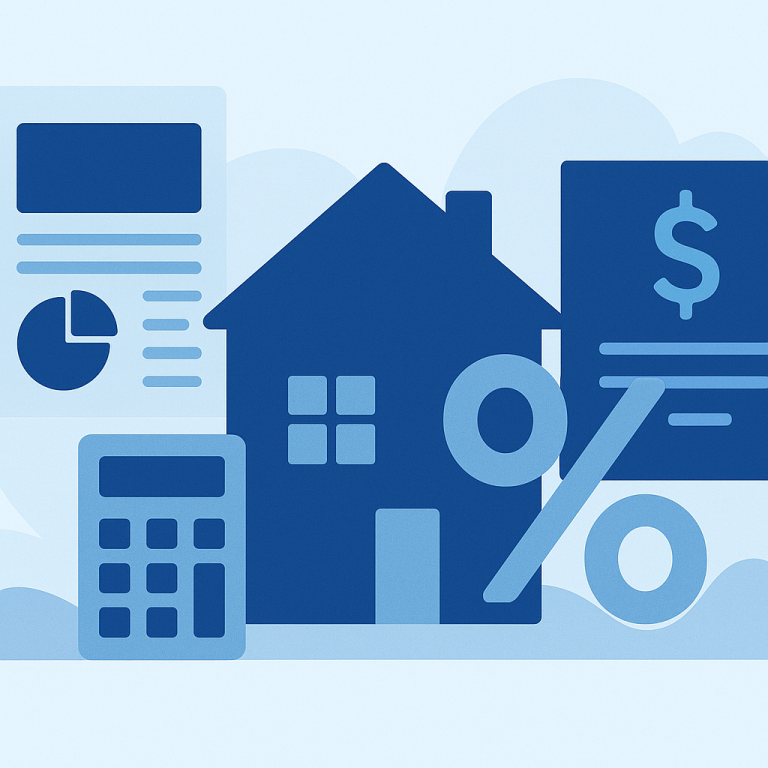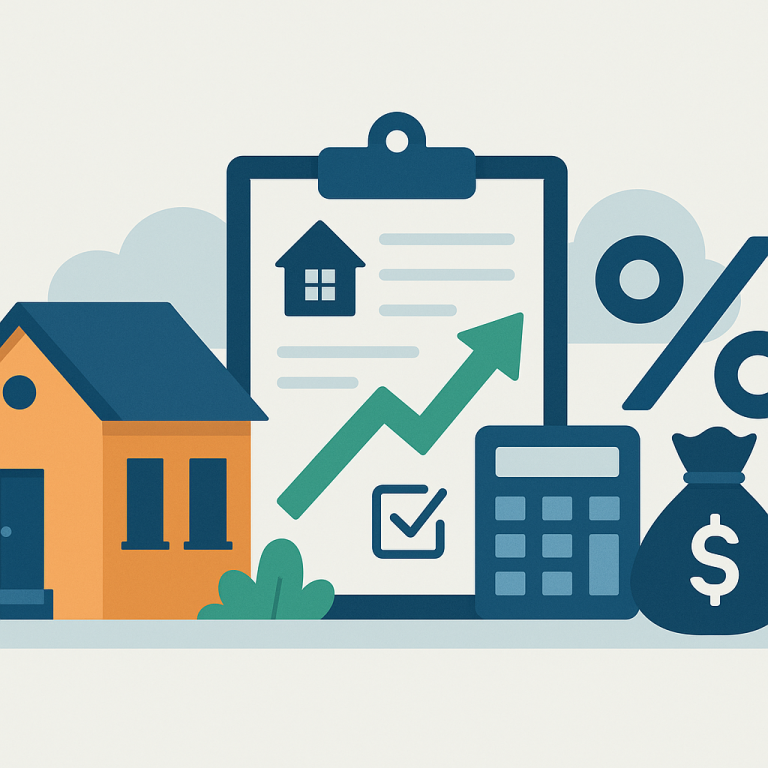Mortgage Refinance Applications Jump 22% in MBA Report As 30-Year Rates Fall
At a glance: The latest mortgage rate drop and how it could affect refinancing decisions.
Mortgage rates have moved lower. That can improve affordability and may reopen refinance options for borrowers whose current rate is above today’s quotes.
What the Rate Drop Means for Borrowers
Recent shifts in the broader interest rate environment have led a notable segment of homeowners to revisit refinancing as a financial strategy. Lenders have responded with updated products and promotions, while borrowers weigh the benefits of lower monthly payments, shorter loan terms and the option to tap home equity. The dynamic has created a window of opportunity for some owners, even as economic uncertainty and regional housing fundamentals keep activity cautious.
Mortgage originators report increased inquiries through digital channels and branch networks, driven largely by homeowners seeking to reduce financing costs or consolidate higher-interest debt. At the same time, underwriting priorities remain focused on documentation, credit quality and loan-to-value considerations, meaning that not all interested borrowers will find refinancing straightforward or cost-effective.
Several factors are shaping refinance decisions. First, the relative movement of interest rates compared with the borrower’s current loan determines immediate potential savings. Second, accumulated home equity can broaden options, including conventional refinances and cash-out alternatives. Third, the borrower’s credit profile and employment stability influence the terms available and the timeline for closing. Finally, closing costs and any prepayment penalties are central to the calculation of whether a refinance makes financial sense for a given household.
Lenders are adjusting both pricing and product features to attract qualified borrowers. Some are promoting streamlined refinance paths for applicants with recent income verification and established payment history, while others emphasize competitive rate locks and reduced-fee packages. Smaller community banks and credit unions may offer flexible underwriting in specific markets, and online lenders continue to pitch faster decisioning and convenience. Borrowers who shop multiple offers tend to obtain more favorable outcomes than those who rely on a single quote.
From a market perspective, increased refinancing activity can have muted effects on housing turnover but meaningful implications for household cash flow. Lower monthly mortgage payments free up income for consumption or savings, while shorter-term refinances can accelerate equity build-up. Conversely, cash-out refinances increase mortgage balances and may alter borrower resilience to future rate or income shocks.
What Homeowners Should Consider
- Compare the all-in cost: Evaluate estimated closing costs, points, and fees against projected monthly savings to identify the break-even horizon.
- Look beyond the headline rate: Consider the annual percentage rate (APR), lender fees and how long you plan to remain in the home before committing to a refinance.
- Assess loan term trade-offs: Extending the loan term can lower payments but may increase total interest paid; shortening the term raises payments but reduces long-term interest.
- Verify eligibility requirements: Confirm credit, income and documentation needs early to avoid surprises during underwriting.
- Weigh cash-out options carefully: Using home equity for home improvements or debt consolidation can be efficient, but it increases mortgage balance and interest exposure.
- Check for prepayment penalties and tax considerations: Understand contractual costs and consult a tax professional about potential implications before finalizing a cash-out or other refinance.
- Shop multiple lenders and lock strategically: Obtain several estimates and consider rate-lock timing if market volatility rises.
Homeowners considering refinancing should focus on personalized calculations rather than headlines. A methodical comparison of offers, clear understanding of costs, and alignment with long-term financial goals will help determine whether refinancing is a prudent move. For many borrowers, acting during periods of relative rate easing can yield meaningful benefits; for others, staying put or pursuing smaller adjustments may be the better choice.
META: refinancing, mortgage market, homeowner takeaways, interest rates
